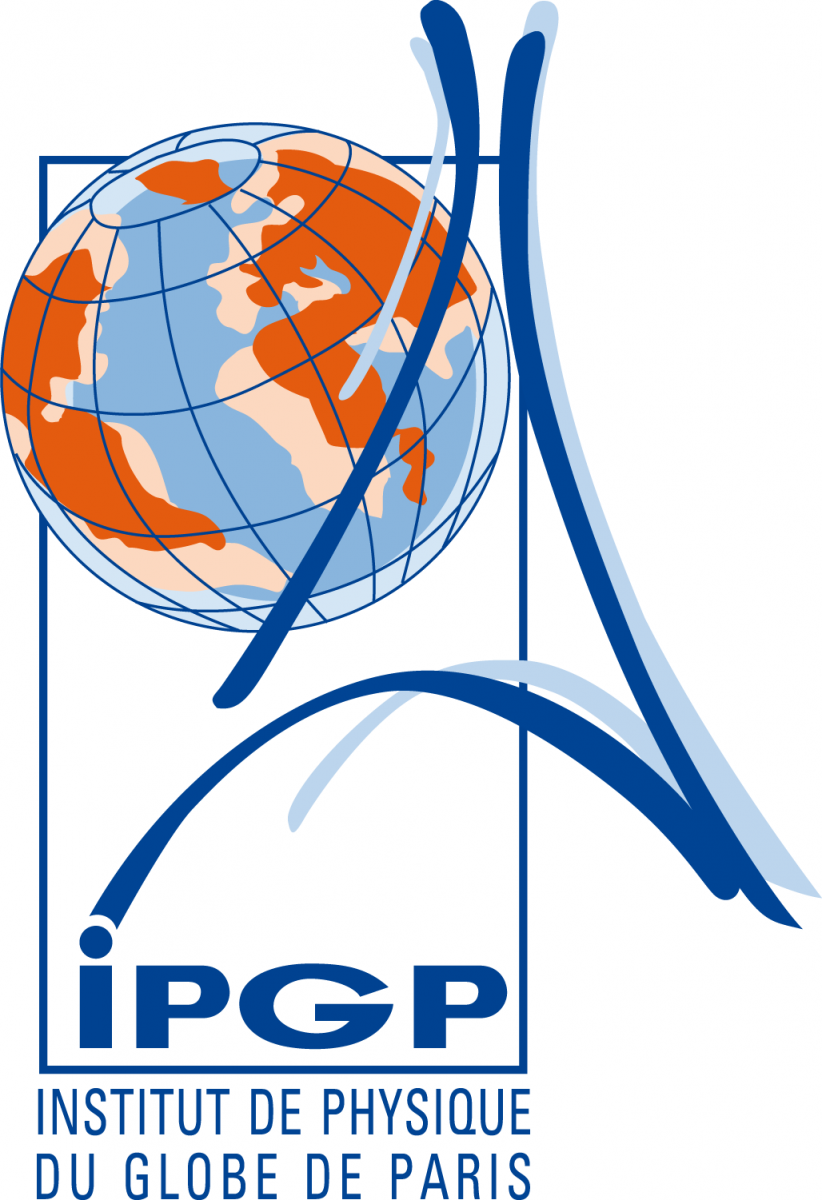
Antje Buss (left) and Annie Boubonnais (right) - winners of InterRidge Student awards at EGU
At the EGU, 3-8th April 2011, InterRidge presented two awards to students participating in the Special Session: Biochemical function and diversity of chemosynthetic deep-sea ecosystems.
Annie Bourbonnais, from the University of Victoria, Canada, received the “hottest” oral presentation award for her talk entitled: “Denitrification as the dominant N-elimination process in hydrothermal vents of the Juan de Fuca Ridge, North-East Pacific Ocean”. Annie is a PhD student in Prof. Kim Juniper’s laboratory at the University of Victoria, Canada. Her research is focused on the N cycle and the related microbial community in subsurface hydrothermal vent systems of the Juan de Fuca Ridge in the Northeast Pacific Ocean. Nitrogen is an essential macronutrient for all organisms. A better understanding of bacterially mediated N-cycle dynamics is critical to characterize metabolic processes taking place in the subsurface biosphere of hydrothermal vent systems. Her research applies a combination of biogeochemical and molecular biology methods to vent fluids sampled by submersible vehicles. Annie’s work focuses on reactions removing bio-available N in hydrothermal vent fluids, which are ultimately affecting chemosynthetic primary productivity in these ecosystems.
On the significance of this conference, Annie wrote: “Attending this important international meeting allowed me to expand my horizons and gain new perspectives on my research. I met, for the first time, the European scientific community working on hydrothermal vent systems. Other scientists from around the world were also present at the meeting. Attending meetings like these is crucial for early-career scientists to find new scientific collaborations”.
 Antje Buss studies at the University of Bremen, Germany, and she was awarded the “hottest” poster award, for her work entitled: “Hydrothermal 3He in the near field of natural CO2 seeps in the Okinawa Trough”. Her Masters thesis deals with hydrothermal vent systems in the Okinawa Trough, western Pacific where subsequent venting of liquid CO2 bubbles has been observed. In the current concern about reducing atmospheric CO2, carbon storage in the deep sea is an option. This is generating studies about the dispersal of CO2 in the water column and its impact on the deep sea ecosystems, for which the Okinawa Trough provides the perfect study area.
Antje Buss studies at the University of Bremen, Germany, and she was awarded the “hottest” poster award, for her work entitled: “Hydrothermal 3He in the near field of natural CO2 seeps in the Okinawa Trough”. Her Masters thesis deals with hydrothermal vent systems in the Okinawa Trough, western Pacific where subsequent venting of liquid CO2 bubbles has been observed. In the current concern about reducing atmospheric CO2, carbon storage in the deep sea is an option. This is generating studies about the dispersal of CO2 in the water column and its impact on the deep sea ecosystems, for which the Okinawa Trough provides the perfect study area.
Antje said: “The EGU General Assembly is the biggest geoscience conference in Europe and therefore provided a good opportunity for me to get an overview of different research areas in my field. I attended the conference for the first time and it was a huge delight for me to receive an award for my poster and I really thank InterRidge for this highly motivating experience”.




